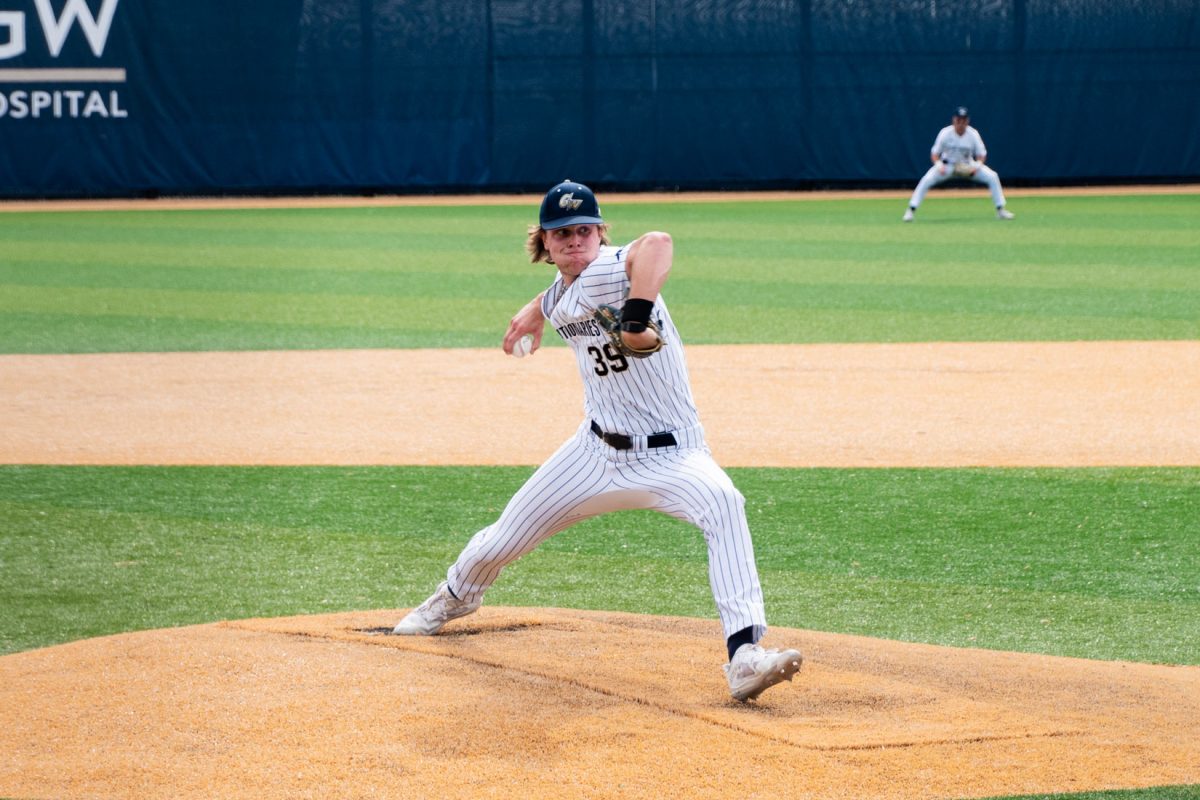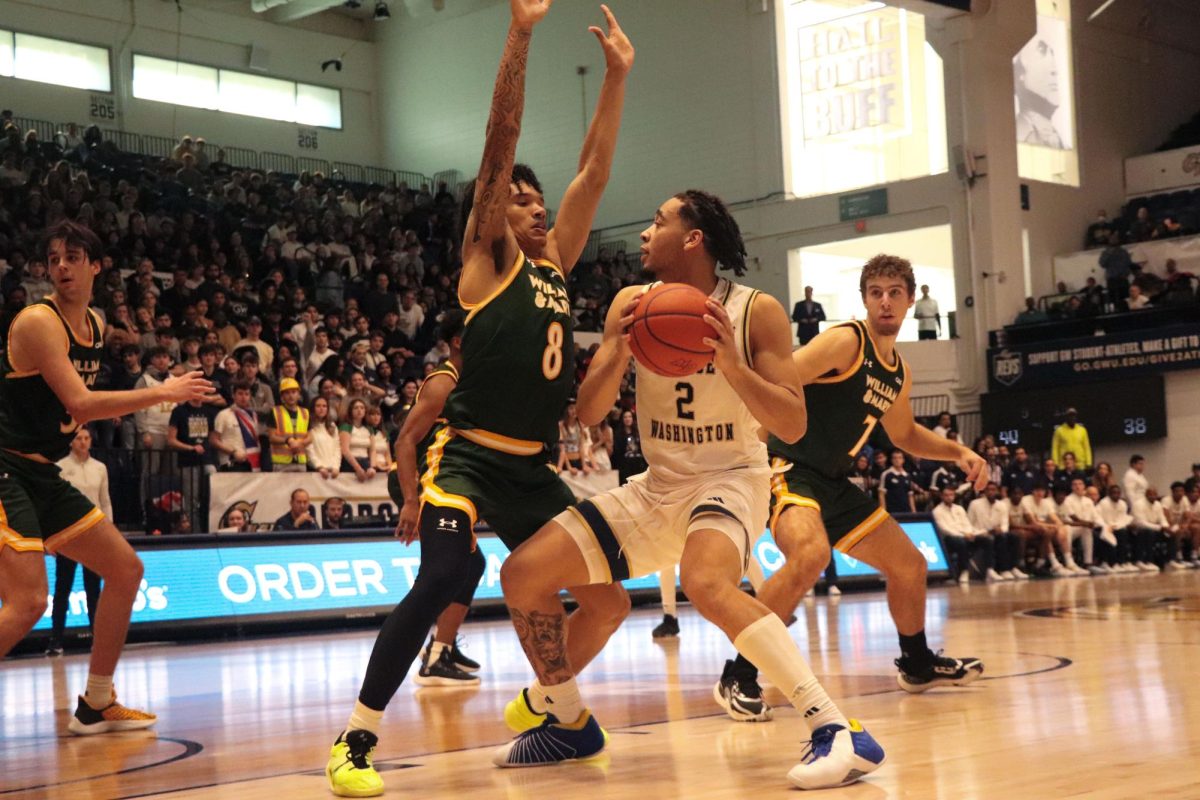There’s something about being a fly on the wall that can make even the most mundane conversation titillating. I mean, sure, the fate of the world doesn’t hinge on it, but who wouldn’t want to hear what a coach says in the locker room, or what an athletic director says to that same hot-shot coach when there’s no joy in Mudville?
Austin, Texas journalist Kyle Dalton recognizes this voyeuristic desire in his recently published book, Burned Orange: Tom Penders and 10 Years at the University of Texas, a tome that reads like a Bob Woodward opus – with all the politicking to boot.
In March of 1998, after going to the NCAA Tournament seven of the previous nine seasons, the UT men’s basketball team finished a disappointing 14-17. As mysterious rumors and behind the scenes maneuvering began to envelop the program, Coach Tom Penders made a fateful decision. He suspended freshman Luke Axtell for academic and other reasons. When Penders and his family took a vacation to the Caribbean, an unofficial grade report on Axtell was faxed to Austin radio station KVET. At the time, Assistant Coach Eddie Oran took the blame for the action that Axtell now says was a violation of the Buckley Amendment, which protects a student’s right to privacy.
After the controversy eventually led to UT buying out Penders’ contract, Penders came to GW, Axtell transferred to the University of Kansas, and Oran was not retained under the new UT coaching staff. Since then, Axtell has named KVET, UT, Athletic Director DeLoss Dodds and Penders in a lawsuit – with Oran (who now sells cars in Austin) testifying that he was ordered by Penders, with Dodds’ knowledge, to fax the grade report. Oran has also filed suit against Penders for slander and libel.
But all of that is only the second half of the book (which is undoubtedly being devoured in Austin). Burned Orange is a comprehensive look at the highlights and low-lights of an entire decade at UT. And although such a nearly game-by-game history is not for everyone, it’s an effective tool to relate the ungrateful machinations of Dodds over the years. (It also puts things into perspective. See UT’s 1990 comeback from a 57-41 deficit to beat Xavier 102-89 in the NCAA Sweet 16 as one example of Penders’ 208 UT victories that are just theoretical to East Coast Colonials). And although the unusual subheads every few paragraphs will deny first-time author Dalton a Pulitzer Prize, it makes skimming easy for the casual reader.
What most pulls in the reader, of course, is the sensational nature of the material. With the he said/she said nature of this controversy, Dalton had choices to make in the execution of the book – as he was surely given many different versions of the truth in his research for the book. And although Penders says he had never spoken to Dalton before his interview, the tale Dalton tells is Penders’ alone. (And almost all the photos in the book are credited to Penders’ wife Susie.)
If one is inclined to take Penders side (as I am), this is not much of a problem. Penders calls the book damn accurate, and although Penders is not always an angel in the book, he always appears to be doing the best he can – and he is never portrayed as a liar. Whenever an episode is related that the educated reader knows is in dispute, it is always Penders’ version that is told, and it is always the more plausible one (hence my opinion on the matter). For example, the explanation given that the unaware-of-the-Buckley-Amendment Oran faxed the grade report because he was shy about defending Axtell’s suspension live on the radio is far more convincing than anything coming out of the Axtell camp. But the academic reader will leave desperately wishing Dalton had explained exactly why he decided to portray Penders in such a good light. But then again, in a story like this, where evidence is minimal, perhaps Dalton had no more cause than the look in his subject’s eye.
But if all this is true, it’s a sad and sordid story, and it says a lot about lawyers (and Texans) in this country. I’m certainly not either, but the charges don’t appear to amount to much, considering Axtell can’t prove that anyone but Oran (who has all the reason in the world to lie) faxed those grades – and Oran’s not named in the suit. And as for Oran’s suit against Penders – well, it’s not slander if it’s true.
Undoubtedly, this will all be settled, one way or another, before it reaches a courtroom. Because if the tales told in Burned Orange are true, the last place the University of Texas or Eddie Oran wants Tom Penders is in the witness stand.







